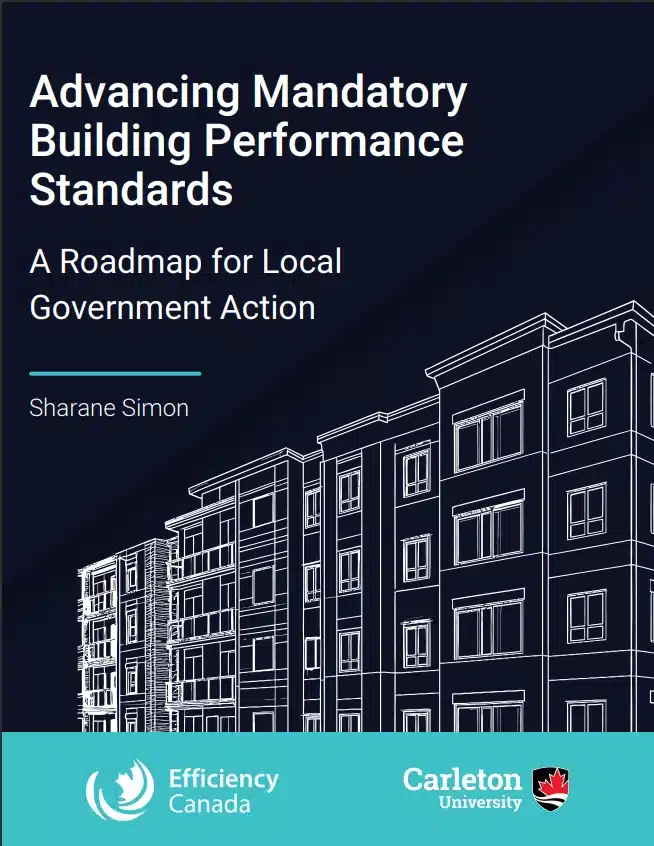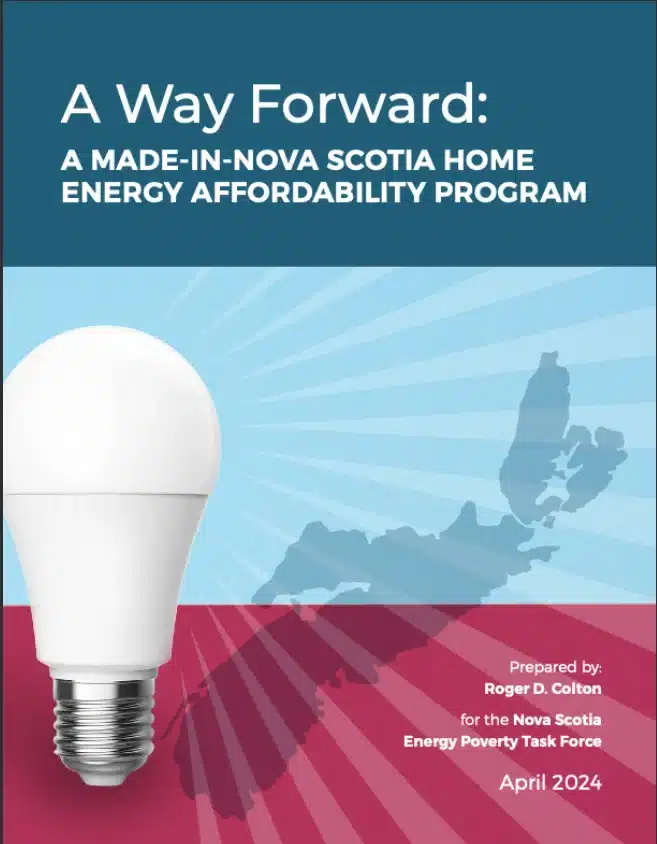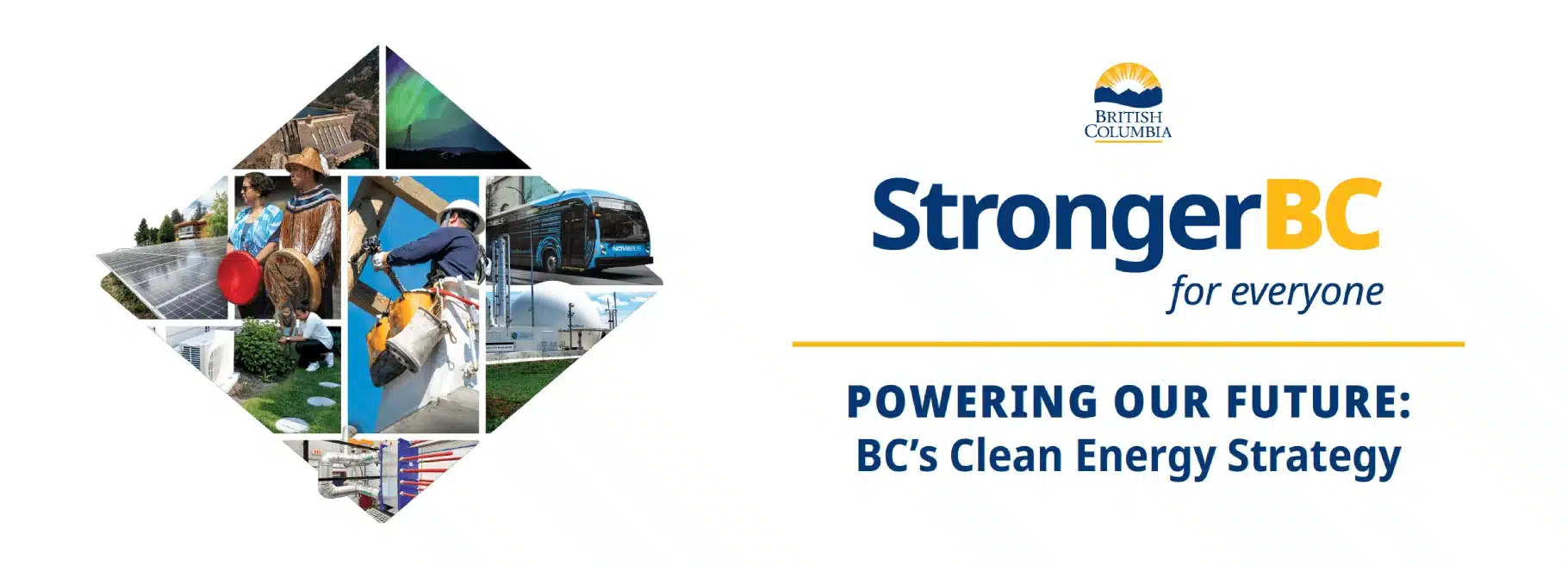Join us this October for the first Canada Home Energy Justice Conference!

The Canada Home Energy Justice Conference on October 8-9, 2024, at Carleton University in Ottawa, is set to bridge the gap between academia, program providers, and organizations dedicated to delivering energy efficiency programs across Canada. This event aims to foster collaboration, exchange knowledge, and apply research to real-world applications, addressing themes like energy poverty, social vulnerability, regional responses, climate policy, and collective impact. By uniting stakeholders, the conference seeks to enhance the effectiveness of initiatives geared towards energy justice, promoting sustainable solutions for marginalized communities.
Contact Symon Rubens for sponsorship and speaking opportunities: symon.rubens@energyconferencenetwork.com
Register before July 19th for super early bird rates!
Canada Electricity Advisory Council Recognizes Demand-Side Solutions

Canada Electricity Advisory Council Recognizes the Demand Side On June 10, 2024, the Canada Electricity Advisory Council released its Final Report, “Powering Canada: A Blueprint for Success,” emphasizing the need for energy efficiency and demand-side management (DSM). The report highlights that improving energy efficiency and load flexibility can significantly reduce the need for costly new electricity infrastructure. Key recommendations include creating an accountability framework for energy efficiency, aligning federal support with net-zero goals, and rebalancing policies towards demand-side solutions. Additionally, the Council calls for a national approach to energy poverty, modernizing energy efficiency standards, achieving net-zero building codes, and enhancing the Greening Government Strategy.
Advancing Mandatory Building Performance Standards

Efficiency Canada has released a new roadmap to assist local governments in implementing Mandatory Building Performance Standards (MBPS) to regulate energy use and emissions from large buildings. This resource is designed to guide local government staff through the critical milestones of MBPS adoption, drawing from successful North American projects and stakeholder feedback. As climate change drives local governments to seek innovative solutions, this roadmap offers a flexible framework to support policymakers in efficiently allocating resources and streamlining decision-making processes.
Canadian Sustainable Jobs Act Becomes Law
The Government of Canada has enacted the Canadian Sustainable Jobs Act (Bill C-50), aiming to create sustainable jobs and prepare workers for the global energy transition. The Act will develop Sustainable Jobs Action Plans starting in 2025, establish the Sustainable Jobs Secretariat for effective collaboration, and form the Sustainable Jobs Partnership Council for inclusive advice. Working alongside the Canadian Net-Zero Emissions Accountability Act, the new legislation ensures accountability and regular progress reporting. This law supports Canadian workers and industries, driving long-term prosperity and a sustainable future.
Opportunity for Ottawa to Enhance Energy Retrofit Program for Low-Income Households
Ottawa’s 2024 federal budget introduced a new greener homes affordability program to support energy retrofits for low-income households, a critical step given the increasing impacts of climate change. Despite this positive move, the allocated $800 million over five years is insufficient compared to the need. The Affordability Action Council suggests a four-point approach for effective implementation: collaborate with local partners, integrate with existing programs, empower renters, and create market predictability. With targeted and well-designed efforts, this program can significantly enhance energy efficiency and affordability for low-income Canadians.
Joint Statement on the Canada Community-Building Fund
This month, Sean Fraser, Canada’s Minister of Housing, Infrastructure and Communities, Paul Calandra, Ontario’s Minister of Municipal Affairs and Housing, Olivia Chow, Mayor of Toronto, and Colin Best, President of the Association of Municipalities of Ontario (AMO), announced the renewal of the Canada Community-Building Fund (CCBF) agreement. This agreement ensures that essential infrastructure, such as roads, bridges, and transit systems, will be built, maintained, and expanded to support housing growth. With a federal investment of $4.7 billion over the next five years, the CCBF will continue to provide predictable and sustainable funding for municipalities to enhance community infrastructure.
Nova Scotia Proposes Home Energy Affordability Program

A recent report from the Nova Scotia Energy Poverty Task Force outlines a comprehensive strategy to address energy affordability in the province. Authored by Roger Colton, the report recommends a four-part solution: applying energy bill discounts for low-income households, designing a debt forgiveness program, creating a crisis intervention fund, and expanding energy efficiency and electrification supports. Nova Scotia faces a severe energy poverty crisis, with 43% of residents struggling to afford their energy bills. The province has the highest percentage of households relying on costly fuel oil. The proposed measures aim to alleviate this burden and create a more sustainable energy future for Nova Scotians.
BC Launches Clean Energy Strategy with Solar and Battery Rebates

BC Hydro has announced rebates for rooftop solar and battery storage systems, supporting BC’s new clean-energy strategy unveiled on June 27, 2024. This initiative aims to make it easier for residents and businesses to generate their own electricity, reduce energy bills, and contribute clean energy back to the grid. Homeowners can receive up to $10,000 in rebates, while larger rebates are available for apartment buildings, schools, and other entities. The strategy includes over $700 million in energy-efficiency investments, streamlined grid upgrades, and increased renewable fuel targets to power the province’s future and create new job opportunities.
Vancouver Adopts New Efficiency Standards for Water Heaters

This month, Vancouver City Council approved updates to efficiency standards for replacement water heaters, aiming to reduce emissions and save residents money. Starting February 28, 2025, major home renovations over $150,000 must include higher efficiency water heaters. By January 1, 2027, all replacement water heaters in detached homes and duplexes must meet the highest efficiency standards. Mayor Ken Sim highlighted that these updates will streamline permitting and cut emissions, equivalent to removing nearly 18,500 cars from the road over 15 years. The new standards allow for various high-efficiency options, ensuring minimal costs and maximum benefits for homeowners.
Quebec Advances in Achieving GHG Reduction Targets
Quebec’s government has identified and funded 67% of the measures needed to reach its 37.5% greenhouse gas (GHG) reduction target by 2030, as outlined in the 2024-2029 Implementation Plan. With over $10 billion allocated, the plan includes significant investments: $4 billion for transportation emission reductions, over $2 billion for public transit electrification, $1.5 billion for light-duty vehicle electrification, $1.7 billion for industrial decarbonization, and $1.5 billion for sustainable buildings. Additionally, a new $900 million component focuses on energy efficiency and sobriety. Despite these efforts, Environment Minister Benoit Charette emphasized that more work is needed to achieve the full target.
Consultations Open for Energy Efficiency Regulations Amendment
Consultations have opened for the proposed Regulations Amending the Energy Efficiency Regulations (Amendment 18), aimed at enhancing energy efficiency standards for various products in Canada. This amendment seeks to harmonize standards with the United States, reducing energy consumption and greenhouse gas emissions in line with Canada’s net-zero by 2050 goals. Stakeholders and the public are invited to provide their comments during the 70-day consultation period, which will end on August 31, 2024, at 11:59 pm EST.
